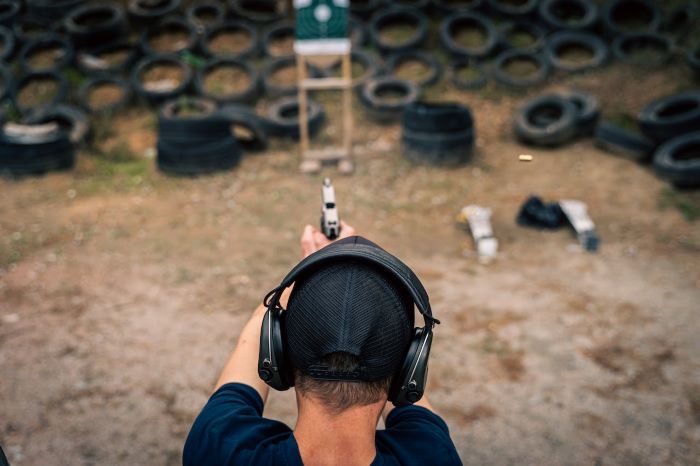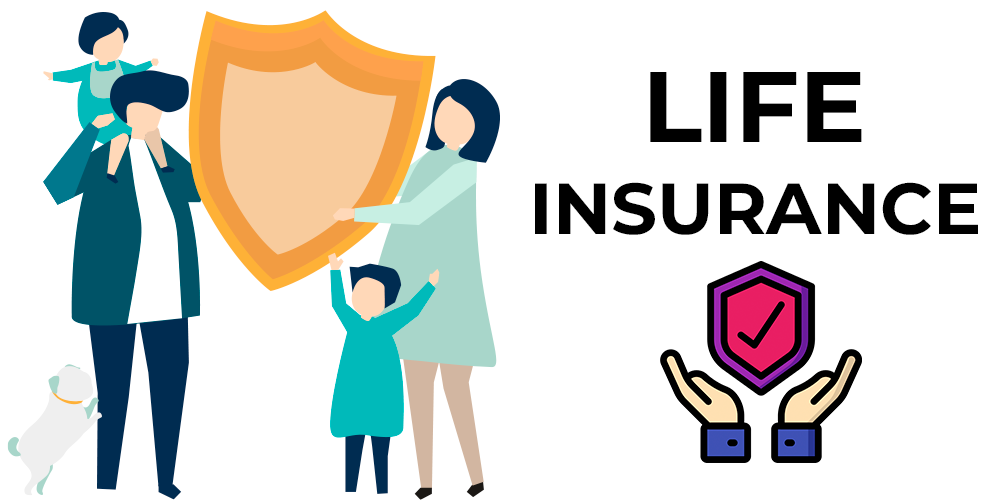The debate surrounding firearms and their role in personal defense has been a contentious issue for decades. Advocates argue that firearms provide an effective means of protecting oneself and loved ones in dangerous situations, while opponents emphasize the risks and potential consequences associated with gun ownership. Here, we will discuss the multifaceted role of firearms in personal defense, examining both the advantages and disadvantages of using guns for self-protection.
I. The Right to Bear Arms
The Second Amendment to the United States Constitution, which states, “A well-regulated Militia, being necessary to the security of a free State, the right of the people to keep and bear Arms, shall not be infringed,” has been at the forefront of the debate on gun ownership in the United States. This amendment underscores the importance of an armed citizenry as a safeguard against potential tyranny and external threats. Proponents of gun rights argue that individuals have a fundamental right to bear arms as a means of self-defense and as a check against government overreach.
II. Deterrence and Personal Security
One of the key arguments in favor of firearms, like the Springfield Prodigy pistols, for personal defense is their potential as a deterrent. The mere presence of a firearm can dissuade criminals from attempting a crime. Studies have shown that armed individuals are less likely to become victims of violent crimes compared to those who are unarmed. The knowledge that a potential victim is capable of defending themselves can act as a strong deterrent, reducing the likelihood of an attack.
III. Immediate Response
Firearms offer an immediate and effective means of self-defense. In situations where one’s life is threatened, having a firearm can level the playing field and allow a person to respond quickly to protect themselves or their loved ones. This quick response can make a critical difference in life-threatening situations.
IV. Equalizer for Vulnerable Populations
Firearms can serve as equalizers, especially for individuals who are physically weaker or have limited means of self-defense. Women, the elderly, and individuals with disabilities may find firearms to be a valuable tool for leveling the playing field in a potentially life-threatening encounter. In situations where physical strength alone may not be sufficient to deter or fend off an attacker, a firearm can provide an added layer of security.
V. Training and Responsible Ownership
A crucial aspect of firearm ownership for personal defense is proper training and responsible ownership. Advocates emphasize the importance of individuals obtaining the necessary training to handle firearms safely and effectively. Responsible firearm owners are expected to understand the laws surrounding firearm use, secure their weapons to prevent accidents or theft, and use their firearms only when there is a legitimate threat to their safety.
VI. Risks and Drawbacks
While firearms can be effective tools for personal defense, they are not without their risks and drawbacks. It is essential to acknowledge these potential downsides when discussing the role of firearms in self-defense.
- Accidental Shootings: One of the most significant concerns is the risk of accidental shootings. When firearms are present in a household, there is a possibility of unintentional discharge, leading to injuries or fatalities, particularly in homes with children.
- Escalation of Violence: Critics argue that the presence of a firearm can escalate a situation that might otherwise have been resolved without violence. A confrontation between individuals can turn deadly when a firearm is introduced into the equation.
- Misuse and Irresponsible Ownership: Irresponsible ownership and misuse of firearms can have severe consequences. Stolen firearms can end up in the hands of criminals, and individuals who are not properly trained or mentally stable can misuse their weapons, leading to tragic outcomes.
- Increased Risk of Suicide: Studies have shown a correlation between firearm ownership and an increased risk of suicide. Easy access to firearms can facilitate impulsive decisions during moments of crisis.
VII. Legal and Ethical Considerations
The legal and ethical aspects of using firearms for personal defense also play a significant role in the debate. Laws regarding self-defense, the use of lethal force, and concealed carry permits vary from state to state and country to country. It is essential for individuals who choose to own firearms for personal defense to be well-informed about the laws in their jurisdiction and to act within the boundaries of those laws.
Ethical considerations include the moral responsibility of using lethal force. In many cases, the use of a firearm in self-defense can result in the injury or death of another person. Individuals must grapple with the ethical implications of taking a life, even in defense of their own.
VIII. Alternatives to Firearms for Personal Defense
It’s worth noting that firearms are not the only means of personal defense. Many individuals and experts advocate for non-lethal alternatives, such as pepper spray, tasers, and self-defense training. These options can be effective in certain situations and may be more palatable for individuals who are uncomfortable with the idea of using deadly force.
Conclusion:
The role of firearms in personal defense is a complex and contentious issue. Advocates argue that firearms provide an immediate means of protection, serve as deterrents, and can level the playing field for vulnerable populations. However, it is crucial to acknowledge the risks and potential consequences associated with gun ownership, including accidental shootings, escalation of violence, and misuse.
Ultimately, the decision to own a firearm for personal defense is a deeply personal one, influenced by factors such as individual circumstances, values, and beliefs. It is essential for individuals considering firearm ownership to weigh the advantages and disadvantages carefully, seek proper training, and be aware of the legal and ethical considerations associated with using deadly force to protect themselves and their loved ones. As the debate continues, responsible ownership and open dialogue are essential to finding a balance between personal safety and the broader social implications of firearm use.





